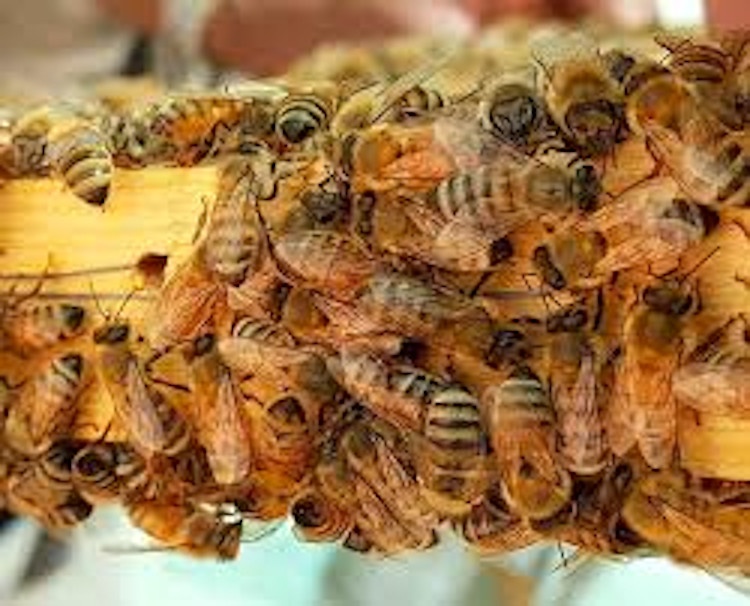
Could honeybee venom "kill" breast cancer cells? A scientific study
A specific concentration of honeybee venom could kill 100 percent of breast cancer cells. It is a scientific study carried out by the Harry Perkins Institute of Medical Research and The University of Western Australia.
The scientist behind the research, Dr. Ciara Duffy announced that results revealed the venom from honeybees would rapidly destroy triple-negative breast cancer and HER2-enriched breast cancer cells.
How could honeybee venom kill breast cancer calls?
The tested honeybees for this study have been sourced in Western Australia, England, and Ireland. However, the research refers that the honeybees. Dr. Duffy, from the Harry Perkins Institute of Medical Research and The University of Western Australia, used the venom from 312 bees to test the effect on the clinical subtypes of breast cancer, including types with limited treatment options.
The key ingredient was the compound melittin, naturally occurring in the venom, which Dr. Duffy said can be reproduced synthetically. She reported that the research found that melittin can completely destroy breast cancer cell membranes within 60 minutes.
Apparently, no-one had previously compared the effects of honeybee venom or melittin across all of the different subtypes of breast cancer and normal cells.


